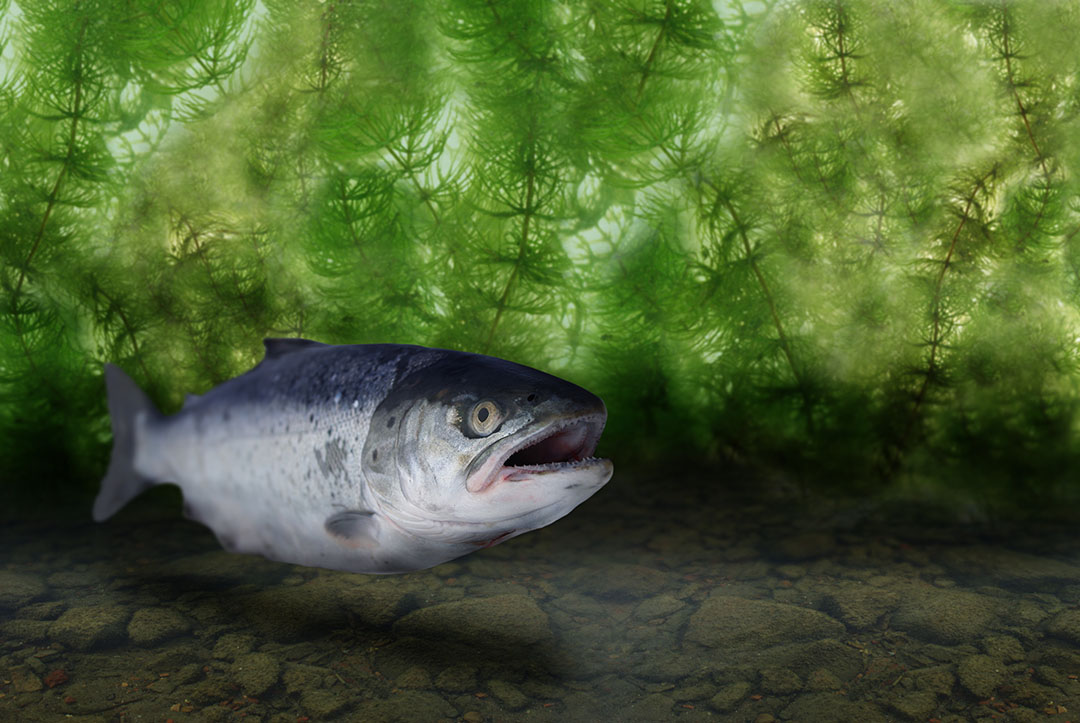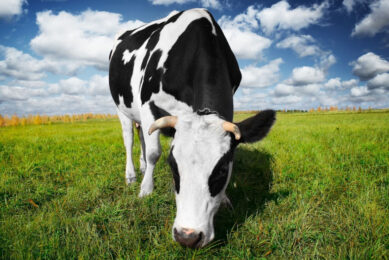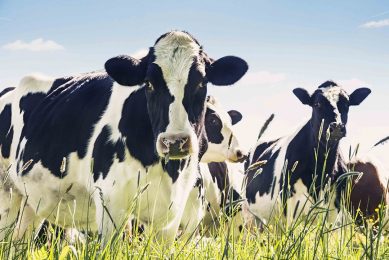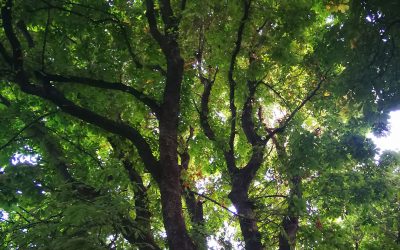Reinforcing fish immunity & performance with plant extracts

Results of experimental research show that a combination of plant extracts (chestnut and quebracho) can improve host defences, antioxidant status, and support fish performance under challenging conditions.
Aquaculture is a fast-growing sector playing an important role in global food supply. The strategies to reduce the use of chemicals are being scrutinised, with the aim of supporting sustainable aquaculture and act against antimicrobial resistance. Moreover, several studies show that a combination of bioactive plant extracts (from chestnut and quebracho) can improve the health status and performance of farmed fish in a sustainable way.
Polyphenols are the largest category of phytochemicals produced by plants to defend themselves against bacteria, viruses, and fungi. Chestnut (Castanea sativa) and quebracho (Schinopsis spp.) are two important botanical sources of natural plant polyphenols, which can act synergistically when combined. The overall effects of this combination are reported as antimicrobial, antioxidant, anti-inflammatory, immune stimulator, and microbiota regulator.
Protective effects in challenging conditions
A series of research experiments was done in collaboration with the Sudvet Laboratory and Austral University in Chile to investigate the protective effects of a combination of plant extracts (Silvafeed TSP) in salmons and rainbow trouts under challenging conditions. Initially, the combination of plant extracts has shown strong inhibitory effects against the in vitro growth of important fish bacterial pathogens (Piscirickettsia salmonis and Flavobacterium psychrophylum).
In the salmon trial, fishes were experimentally infected by intraperitoneal injection with Piscirickettsia salmonis. This bacterial pathogen is the causative agent of rickettsial salmonid septicemia (SRS) and the main responsible for the use of antimicrobials at production stage in seawater in Chile. Results show that supplementation with 0.25% of the combination of plant extracts is effective to protect salmons from piscirickettsiosis, reducing substantially the mortality rate post-infection (31% vs 60% in control) (Figure 1A).
The second in vivo trial was conducted with rainbow trouts diagnosed with Flavobacteriosis (known as cold water bacterial disease; its etiological agent is Flavobacterium psychrophylum). After two weeks of adaptation to the tanks, rainbow trouts were treated daily with the antibiotic florfenicol (control group) or supplemented with 0.25% of the combination of plant extracts (Silvafeed TSP group). The outcome was very positive, as the rainbow trouts supplemented with Silvafeed TSP show low mortality rate and similar performance as found for rainbow trouts treated with the antibiotic (Figure 1B).
Enhancing fish immunity and antioxidant status
The beneficial effects of the combination of chestnut and quebracho extracts as anti-inflammatory, antioxidant, and immuno-modulator arouse interest and curiosity. However, the information in aquatic species is very scarce up to now. To fill this gap, the University of Sannio (Italy) and Gorgan (Iran) aimed at investigating the effects of the combination of plant extracts on the immune response and antioxidant status in common carps.
After 8 weeks, the dietary supplementation with 0.2% of the combination of plant extracts improves significantly immune parameters in skin mucus and serum samples of juvenile carps (leukocytes count, immunoglobulin production, lysozyme activity; * p<0.05) compared with the control (>Figure 2A). Moreover, the combination of plant extracts stimulates the activities of antioxidant enzymes (peroxidases and catalase) and improves antioxidant defences (radical scavenging activity with DPPH test) of young carps (* p<0.05) (>Figure 2B). As a result, supplemented carps showed significant improvements of growth (weight gain of 18.7 vs 13.8 g in control) and feed efficiency (FCR of 2.1 vs 2.9 in control) in this study.
Conclusions
These research trials provide new insights on the use of Silvafeed TSP plant extract from chestnut and quebracho in fish species, and corroborate their beneficial effects as previously observed in other animal species.
Current research programme will take a closer look at the modulatory effects of this combination of plant extracts on the intestinal microbiota in fishes.






